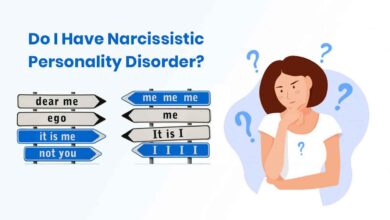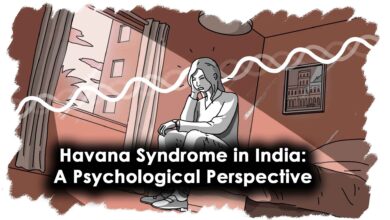Understanding Dementia in the Context of HIV/AIDS


Dementia can occur in individuals living with HIV/AIDS, and it is referred to as HIV-associated neurocognitive disorder (HAND). It is a condition characterized by a range of cognitive impairments that affect memory, attention, concentration, problem-solving, and other cognitive functions. Here’s an overview of dementia in HIV:
HIV-Associated Neurocognitive Disorder (HAND):
- Mild Neurocognitive Disorder: In this stage, individuals may experience mild cognitive impairments that may not significantly impact their daily functioning. They may have difficulty with complex tasks, attention, and memory.
- HIV-Associated Dementia (HAD): In more advanced cases, individuals can develop HAD, which involves more severe cognitive impairment that interferes with daily activities. Symptoms may include memory loss, confusion, difficulty with language and motor coordination, and changes in behavior and mood.
Causes and Mechanisms:
- HIV Infection in the Brain: HIV can cross the blood-brain barrier and directly infect brain cells, leading to inflammation and damage. The virus can replicate within the brain, causing neuronal dysfunction and loss.
- Immune Activation and Inflammation: Chronic immune activation and inflammation associated with HIV infection contribute to neuronal damage and cognitive impairment. Elevated levels of inflammatory markers in the brain can further exacerbate cognitive dysfunction.
- Antiretroviral Therapy (ART) and Viral Suppression: While the introduction of ART has significantly improved the outcomes for individuals with HIV, HAND can still occur, even in those on effective treatment. However, maintaining viral suppression with ART may reduce the risk and severity of HAND.
Diagnosis and Management:
- Neuropsychological Assessment: A comprehensive neuropsychological assessment is crucial for diagnosing HAND. It involves evaluating cognitive function and identifying deficits in memory, attention, executive function, and other domains.
- Antiretroviral Therapy: Effective antiretroviral therapy is essential in managing HAND. ART helps suppress viral replication, reduces inflammation, and slows disease progression. Regular monitoring of viral load and adherence to medication are vital.
- Symptom Management: Treatment may also involve managing individual symptoms, such as mood disorders, sleep disturbances, and behavioral changes associated with HAND.
- Supportive Care and Rehabilitation: Supportive care, including psychoeducation, cognitive rehabilitation, and occupational therapy, can help individuals cope with cognitive deficits and improve their quality of life.
It’s important to note that with timely diagnosis, effective antiretroviral therapy, and appropriate management, the progression of HAND can be slowed, and cognitive function can be preserved or improved in many cases. Regular medical follow-ups and close monitoring by healthcare professionals specializing in HIV care are crucial for the optimal management of dementia in HIV.







